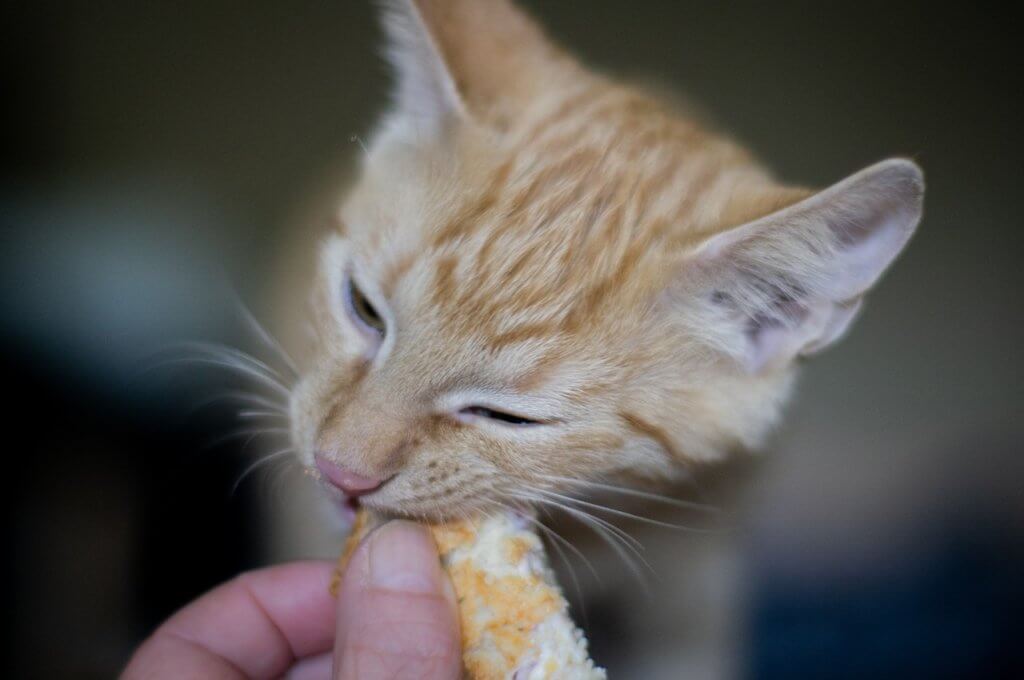The foods you should never feed to animals

For many people, feeding food scraps to their pets or animals is an easy way to dispose of their food waste.
Feeding food scraps to animal can be a win-win situation; you are getting food for your animals and pets while also stopping your food waste ending up in landfill where it will cause harm to the environment.
So what food scraps are safe to feed to your animals?
The answer to that really depends on what type of food and what type of animal. Feeding human foods to animals can be risky, so it is important that you are properly informed before you do so.
The information below is a general overview, so please consult a vet if you have specific queries on what food your pet should be eating.
Foods that you should never feed to any animal:
- Chocolate (Theobromine, which is found in chocolate is poisonous to animals, and can cause vomiting, diarrhea and even death)
- Garlic (can create a life-threatening form of anemia)
- Onions and other members of the onion family such as leeks and chives (can create a life-threatening form of anemia)
- Any food that is mouldy (the toxins in mouldy food can cause profuse vomiting, diarrhea seizures and elevated body temperatures)
Dogs

Feed them: fruit (but always remove any seeds, stones or pips), vegetables (dogs love broccoli), bread and cooked meat.
Don’t feed them: avocado, coconut and coconut oil, citrus, grapes and raisins, macadamia nuts, mushrooms, or milk and other dairy products.
Bones are ok providing they haven’t been cooked, as there is a risk of a cooked bone splintering and choking your dog. You should always supervise your dog when they are eating a bone.
Learn more: Homemade treats for your dog (SPCA)
Cats
Feed them: cooked meat and fish in small quantities. They also like chicken cartilage, and the left over liquid from tinned tuna and salmon.
Don’t feed them: grapes or raisins. Adult cats should never be fed milk or other dairy products as they may be lactose intolerant.
Chickens

Keeping chickens is a great way to recycle your food scraps as you will receive eggs in return.
Chickens will eat almost anything, but it is important that the majority of their diet is poultry pellets. These can be supplemented with food scraps, particularly fresh vegetables.
Feed them: fresh vegetables, bread, rice, oats, cooked pasta and beans, although these foods should only be given to them occasionally.
Don’t feed them: avocado, citrus or rhubarb.
Pigs
In New Zealand legally you are not allowed to feed pigs any food scraps that contain, or have come into contact with, any sort of meat. You can be fined for doing so. The one exception to this is scraps that have been heated to 100˚C for one hour.
Feed them: grains, fruit, vegetables.
Don’t feed them: raw potatoes, rhubarb or meat of any sort.
Learn more: Feeding food waste to pigs and preventing disease (MPI)
Rabbits

Feed them: carrot tops, courgette, cucumber, basil, coriander, fennel, bok choy, watercress
Limit: kale, spinach, silverbeet, carrots, fruit
Don’t feed them: processed foods intended for humans e.g. bread or cereal.
Learn more: Fresh foods for rabbits and guinea pigs (SPCA)
Ducks
Chances are if you grew up in New Zealand at some point you have taken a bag of bread down to your local pond to feed the ducks. But bread is actually bad for ducks – it gives them many calories but few nutrients which can lead to malnutrition which can cause a defect with their wings, leaving them unable to fly.
Feed them: uncooked oats, corn, defrosted peas, cooked or uncooked rice, sweetcorn, seeds, lettuce and vegetable peelings.
Don’t feed them: bread, meat, processed foods.
Birds
Feed them: fruit, nuts and seeds.
Limit: bread. If birds only eat bread they can end up malnourished, so feed birds only small quantities of bread.
Don’t feed them: mouldy bread.
Learn more: What to feed birds (Maanaki Whenua, Landcare Research)